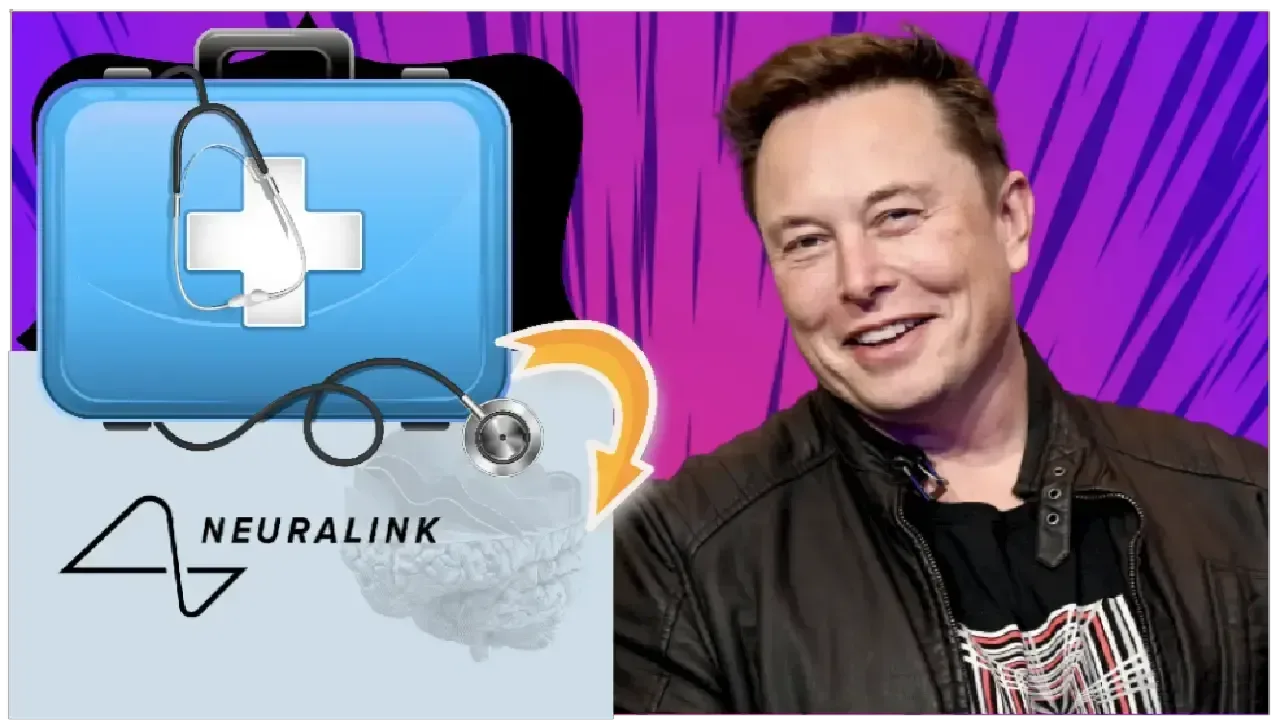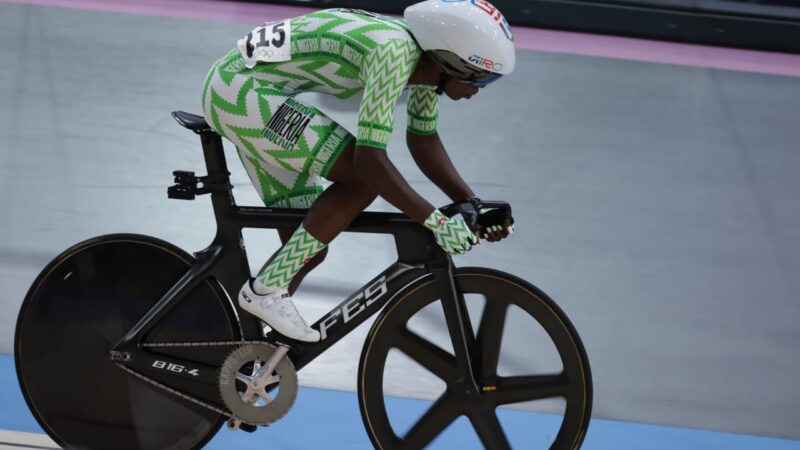29 January (Reuters)
The first human patient received an implant from the brain-chip startup Neuralink on Sunday and is recovering well, as confirmed by the company’s billionaire founder, Elon Musk. This notable achievement by Neuralink is groundbreaking in the development of human health.
In a post on the social media platform X on Monday, Musk stated that the preliminary findings indicate encouraging detection of neuron spikes.
Spikes are activity by neurons, which the National Institute of Health describes as cells that use electrical and chemical signals to send information around the brain and to the body.
The U.S. Food and Drug Administration had given the company clearance last year to conduct its first trial to test its implant on humans, a critical milestone in the startup’s ambitions to help patients overcome paralysis and a host of neurological conditions.
In September, Neuralink said it received approval for recruitment for the human trial.
The study employs a robot to surgically implant a brain-computer interface (BCI) in a brain region responsible for controlling the intention to move. Neuralink has stated previously that its primary objective is to empower individuals to control a computer cursor or keyboard solely through their thoughts.
The implants’ “ultra-fine” threads help transmit signals in participants’ brains, Neuralink has said.
The first product from Neuralink would be called Telepathy. This statement was made by Elon Musk in a separate post on X.
The startup’s PRIME Study is a trial for its wireless brain-computer interface to evaluate the safety of the implant and surgical robot.
The company is under increasing scrutiny for its safety protocols. Earlier this month, Reuters reported that the company faced fines for violating U.S. Department of Transportation (DOT) rules related to the transport of hazardous materials. While the company was valued at around $5 billion last June, this has raised many concerns among security agencies.
In late November, four lawmakers urged the U.S. Securities and Exchange Commission to investigate whether Musk had provided misleading information to investors regarding the safety of its technology. This request comes after veterinary records revealed issues with the implants on monkeys, including paralysis, seizures, and brain swelling.
Musk wrote in a social media post on September 10, that “no monkey has died as a result of a Neuralink implant.” He added that the company chose “terminal” monkeys to minimize risk to healthy ones.
The successful implantation for this exploration and development and the fusion of technology and the human mind holds promising possibilities for the future. Neuralink is consistently researching and monitoring the outcomes of this first human implant and is confident that many developments in human health are underway.
Gh Educate will keep you updated on any issues relating to this exciting developments in human-computer interface capabilities.




